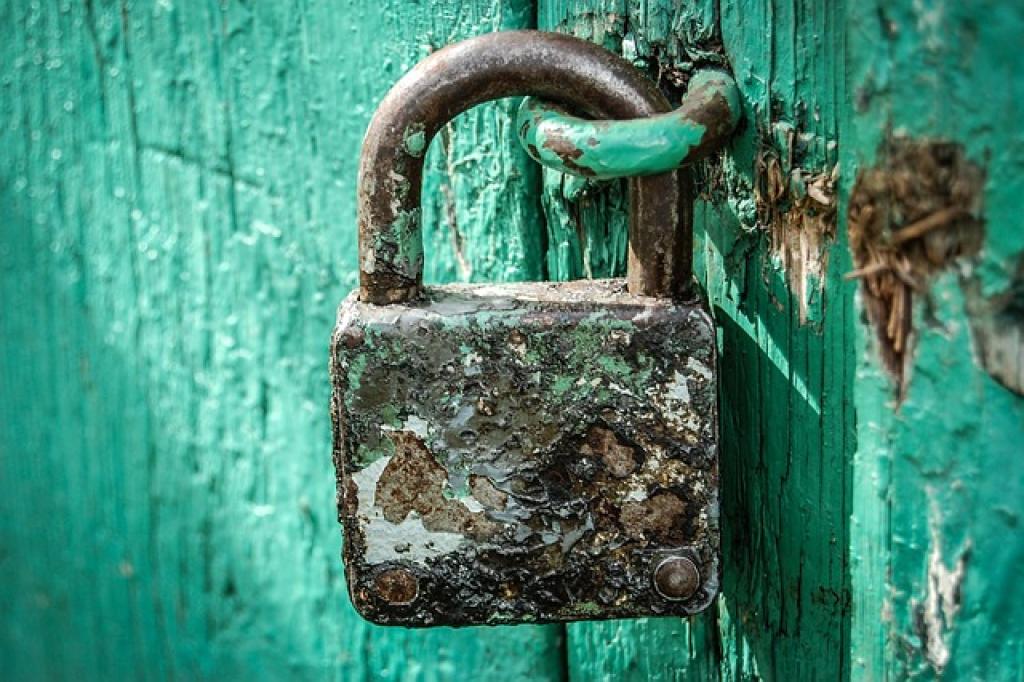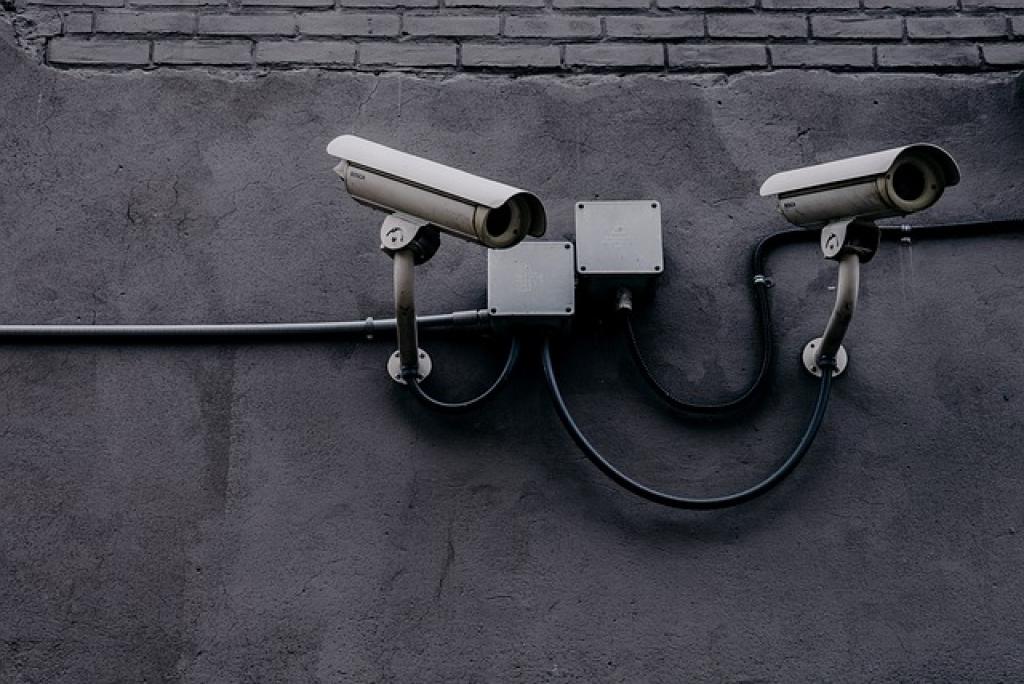
Maximizing Security: A Guide to Evaluating a Commercial Security Company
In a world that’s constantly evolving, safeguarding your business has never been more critical. Whether it’s protecting valuable assets or ensuring the safety of employees and customers, choosing the right commercial security company is a vital decision that can determine the integrity of your operations.
With so many options available, how do you pinpoint the perfect fit for your security needs? This guide unravels the complexities of evaluating security firms, guiding you to make informed choices that align with your business goals.
Security isn’t just about alarms and cameras. It’s about comprehensive strategies and solutions tailored to your unique requirements. From assessing the company’s track record to understanding their technological capabilities, the process demands keen attention to detail.
Embark on this journey to uncover the essential steps in selecting a security partner that goes beyond just protection to offer peace of mind. Let’s dive in and explore the path to making your business a fortress, with confidence at its core.
Why is Security Evaluation Important for Your Business?
Evaluating the security measures for your business is more than a routine check—it’s an essential step in risk management. Businesses face various threats, from cyber attacks to physical breaches, and understanding potential vulnerabilities is key to protecting your investments and maintaining operational continuity.
Security evaluation helps you identify weaknesses and gaps in your current security framework. By thoroughly assessing risks, you can implement targeted improvements that fortify your defense strategies, safeguarding what matters most to your business.
Moreover, a solid security evaluation enhances trust and credibility with stakeholders, including employees, clients, and partners. It demonstrates a commitment to safeguarding sensitive information and operational integrity, which can set your business apart in a competitive market.
In today’s regulatory environment, compliance is non-negotiable. Evaluations ensure your security practices align with industry standards and legal requirements, avoiding penalties and enhancing your company’s reputation.
Ultimately, a comprehensive security evaluation empowers you with the knowledge to make proactive decisions, turning potential threats into opportunities for growth and innovation. Navigate your business with confidence, knowing your security measures are robust and resilient.
Key Factors to Consider When Assessing a Commercial Security Company
Selecting the right security partner means diving deep into several critical factors. Start by examining the company’s reputation. Look for a solid track record and positive client testimonials to gauge reliability and effectiveness.
Experience and Expertise
Consider the company’s experience in your specific industry. A firm familiar with your sector’s unique security challenges can offer tailored solutions that are more effective than one-size-fits-all approaches. Their expertise can make a significant difference in the robustness of your security measures.
Technology capabilities are another vital factor. Evaluate whether the company’s technology is up-to-date and versatile enough to meet your needs. From surveillance systems to access control solutions, advanced technology can enhance both efficiency and flexibility in security operations.
Also, explore the company’s customer service and support offerings. A responsive support team is crucial for addressing issues promptly and minimizing potential downtime in your security systems.
Lastly, consider cost, but don’t let it be the sole deciding factor. Quality often comes at a price, and investing in a competent security company can pay dividends in terms of long-term safety and peace of mind. Balancing cost with the value delivered is key.
Understanding the Different Types of Security Services Offered
Navigating the variety of security services available can be daunting, but knowing your options empowers you to build a customized security framework. Start with basic services, such as video surveillance and alarm systems, which are essential for real-time monitoring and deterrence.
Access control systems are another crucial component, allowing you to manage who enters your premises, enhancing safety by limiting unauthorized access. These systems can be integrated with ID cards or biometric readers for added security layers.
Consider the role of security guards, who provide a human element to your security strategy. Their presence can deter potential threats and offer immediate response capabilities in case of emergencies. They can also provide assistance in creating an emergency response plan tailored to your business.
Cybersecurity services are increasingly vital, especially with the escalating threats in the digital space. Protecting your data and networks is as critical as physical security for complete business protection. Look for companies that offer robust cybersecurity solutions to guard against digital breaches.
Exploring these services will help you identify the mix that best suits your business needs, leading to an effective and cohesive security strategy. Ensure these services align with your risk assessments and growth objectives for optimal protection.
Questions to Ask Potential Commercial Security Providers
Engaging with potential security providers involves more than just reviewing brochures or websites. It’s essential to ask the right questions to uncover how well they meet your needs. Start by inquiring about their industry experience. Understanding their track record in your sector can provide insights into their capability to handle your unique security challenges.
Ask how they stay updated with the latest security technologies and trends. A commitment to ongoing education and technological advancement ensures they’re equipped to provide cutting-edge solutions to protect your business.
Inquire about their response time and the protocols they have in place in the event of a security breach or emergency. Rapid, effective response is crucial for mitigating risks and minimizing potential damages.
Discuss their customer support structure. Knowing the level of support you can expect post-deployment is vital for ongoing peace of mind.
It’s also wise to query their approach to customization and flexibility—will they tailor solutions to fit your specific requirements, or are they bound to rigid, pre-defined packages?
Finally, request references or case studies from past clients. Firsthand accounts of their performance and reliability can offer a clearer picture of what working with them would look like, helping you make an informed decision.
Determining the Right Security Solution for Your Business Needs
Finding the perfect security solution begins with a thorough assessment of your specific business needs. It’s crucial to pinpoint the assets you need to protect, ranging from physical infrastructure to digital data. Tailoring your security plan to these priorities ensures focused and effective protection.
Consider the size and scale of your operations. Larger businesses might require more comprehensive systems with advanced technological integration, while smaller enterprises could benefit from streamlined solutions that won’t overwhelm resources.
Budget is an undeniable factor in decision-making. However, balance your financial constraints with an understanding of the value effective security can add to your business. Remember, investing in preventive measures can save significant future costs associated with security breaches.
Think about potential growth and how adaptable the security solution needs to be. An ideal system should expand with your business, allowing you to integrate new technologies or scale protections as necessary.
Finally, involve stakeholders in the decision-making process, gathering input from various departments that will interact with the security systems. This collaborative effort ensures the selected solution meets diverse needs and gains broad support, paving the way for seamless implementation and operation.
Ensuring Compliance and Certification Levels
Adhering to industry standards and regulatory requirements is a cornerstone of maintaining a robust security posture. Compliance not only safeguards your business from legal and financial repercussions but also builds trust with clients and partners who value diligence and accountability.
When evaluating security providers, verify their certification levels. Certifications such as ISO 27001 or a recognized security industry standard demonstrate a commitment to high-quality, systematic security practices. These credentials can assure you that the provider maintains best practices in managing security risks.
Prioritizing Industry Standards
Depending on your industry, specific compliance requirements may guide your security decisions. For instance, businesses handling customer data might need to comply with GDPR or HIPAA regulations, making data protection services essential.
Ensure the security provider’s solutions align with these standards, offering features that help achieve compliance effortlessly. This alignment simplifies audits and inspections, preventing future headaches and maintaining your business’s credibility.
Moreover, continuous training programs for security personnel on compliance changes and updates are essential. A provider committed to education and improvement can help your business stay ahead in a landscape where regulations can frequently evolve.
Ultimately, working with a security company that prioritizes compliance and holds strong certification credentials reinforces a culture of security within your organization, creating a firm foundation for growth and innovation.
Comparing Pricing Models and Value for Security Services
Understanding the pricing models and the value they offer is a crucial part of selecting a commercial security provider. Different providers have varying structures, so it’s important to understand what each model includes and how it aligns with your budget.
Some companies may offer a flat-rate pricing model, which can simplify budgeting by providing a consistent monthly or yearly fee. This model often includes a basic package of services, with additional costs for any extras or upgrades.
Others might use a usage-based pricing approach, where fees fluctuate based on the level of service utilized within a specific timeframe. This flexibility can be advantageous for businesses with varying security needs, allowing you to pay only for what you use.
Evaluating Long-Term Value
When comparing these models, look beyond the cost to assess the value offered. Consider factors like the comprehensiveness of services, the quality of customer support, and any guarantees for service reliability and response times.
Think about future scalability and how a provider’s pricing model accommodates business growth. A solution that seems cost-effective now may become costly if additional services are needed as you expand.
Remember, the cheapest option may not always deliver the best value, especially if it compromises your security needs. Consider the broader impact of quality security measures on your operations and peace of mind, ensuring your choice provides lasting benefits aligned with your strategic goals.
Key Takeaways and Next Steps for Choosing the Right Commercial Security Company
As we wrap up this guide, it’s important to remember that the right commercial security company can offer more than just protection—it can enhance trust, streamline operations, and even support your business’s growth.
First, identify your unique security needs. This foundational step helps ensure that the solutions you choose will be effective and adaptable to changes in your business environment. Equipped with a clear understanding of your requirements, you can better evaluate potential providers.
Next, focus on critical factors like the provider’s experience, reputation, and technological capabilities. Ensure they offer comprehensive solutions tailored to your industry. Do not overlook the importance of compliance and certifications—they play a crucial role in maintaining legal and regulatory standards.
Price is a significant consideration, but let it be one of many. Balance your budget against the value and quality of services offered, ensuring alignment with both current needs and future scalability.
To move forward, shortlist security companies that meet these criteria and arrange discussions or consultations. Utilize this time to ask pertinent questions, gaining insight into their approach and their ability to meet your specific challenges.
Finally, involve your stakeholders in this decision-making process, and together, choose a provider that not only fits your current needs but can also grow with you. This careful selection ensures that your business is not just protected today but is also well-prepared for tomorrow’s challenges. Prioritizing security is, after all, a key investment in the long-term success and sustainability of your business.


